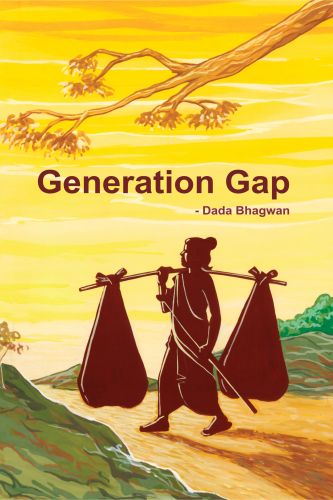Categories
- Antiques & Collectibles 13
- Architecture 36
- Art 48
- Bibles 22
- Biography & Autobiography 813
- Body, Mind & Spirit 142
- Business & Economics 28
- Children's Books 15
- Children's Fiction 12
- Computers 4
- Cooking 94
- Crafts & Hobbies 4
- Drama 346
- Education 46
- Family & Relationships 57
- Fiction 11829
- Games 19
- Gardening 17
- Health & Fitness 34
- History 1377
- House & Home 1
- Humor 147
- Juvenile Fiction 1873
- Juvenile Nonfiction 202
- Language Arts & Disciplines 88
- Law 16
- Literary Collections 686
- Literary Criticism 179
- Mathematics 13
- Medical 41
- Music 40
- Nature 179
- Non-Classifiable 1768
- Performing Arts 7
- Periodicals 1453
- Philosophy 64
- Photography 2
- Poetry 896
- Political Science 203
- Psychology 42
- Reference 154
- Religion 513
- Science 126
- Self-Help 84
- Social Science 81
- Sports & Recreation 34
- Study Aids 3
- Technology & Engineering 59
- Transportation 23
- Travel 463
- True Crime 29
Industrial Conspiracies
by: Clarence Darrow
Categories:
Description:
Excerpt
Mr. Darrow said:
I feel very grateful to you for the warmth and earnestness of your reception. It makes me feel sure that I am amongst friends. If I had to be tried again, I would not mind taking a change of venue to Portland (applause); although I think I can get along where I am without much difficulty.
The subject for tonight's talk was not chosen by me but was chosen for me. I don't know who chose it, nor just what they expected me to say, but there is not much in a name, and I suppose what I say tonight would be just about the same under any title that anybody saw fit to give.
I am told that I am going to talk about "Industrial Conspiracies." I ought to know something about them. And I tell you all I know tonight, but I will tell you some things that I know tonight.
The conspiracy laws, you know, are very old. As one prominent laboring man said on the witness stand down in Los Angeles a few weeks ago when they asked him if he was not under indictment and what for, he said he was under indictment for the charge they always made against working men when they hadn't done anything— And that is the charge they make. It is the one they have always made against everybody when they wanted them, and particularly against working men, because they want them oftener than they do anybody else. (Applause).
When they want a working man for anything excepting work they want him for conspiracy. (Laughter). And the greatest conspiracy that is possible for a working man to be guilty of is not to work—a conspiracy the other fellows are always guilty of. (Applause). The conspiracy laws are very old. They were very much in favor in the Star Chamber days in England. If any king or ruler wanted to get rid of someone, and that someone had not done anything, they indicted him for what he was thinking about; that is, for conspiracy; and under it they could prove anything that he ever said or did, and anything that anybody else ever said or did to prove what he was thinking about; and therefore that he was guilty. And, of course, if anybody was thinking, it was a conspiracy against the king; for you can't think without thinking against a king. (Applause). The trouble is most people don't think. ( and ). And therefore they are not of conspiracy. (Laughter and ).
The conspiracy laws in England were used against working men, and in the early days, not much more than a hundred years ago, for one working man to go to another and suggest that he ask for higher wages was a conspiracy, punishable by imprisonment. For a few men to come together and form a labor organization in England was a conspiracy. It is not here. Even the employer is willing to let you form labor organizations, if you don't do anything but pass resolutions. (Laughter and applause).
But the formation of unions in the early days in England was a conspiracy, and so they used to meet in the forests and in the rocks and in the caves and waste places and hide their records in the earth where the informers and detectives and Burnes' men of those days could not get hold of them....






![The Foolish Dictionary
An exhausting work of reference to un-certain English words, their origin, meaning, legitimate and illegitimate use, confused by a few pictures [not included]](https://digilibraries-com.s3.eu-central-1.amazonaws.com/covers/e84f9f82-62c7-4da1-b725-6129f48ce4ad.jpg)






